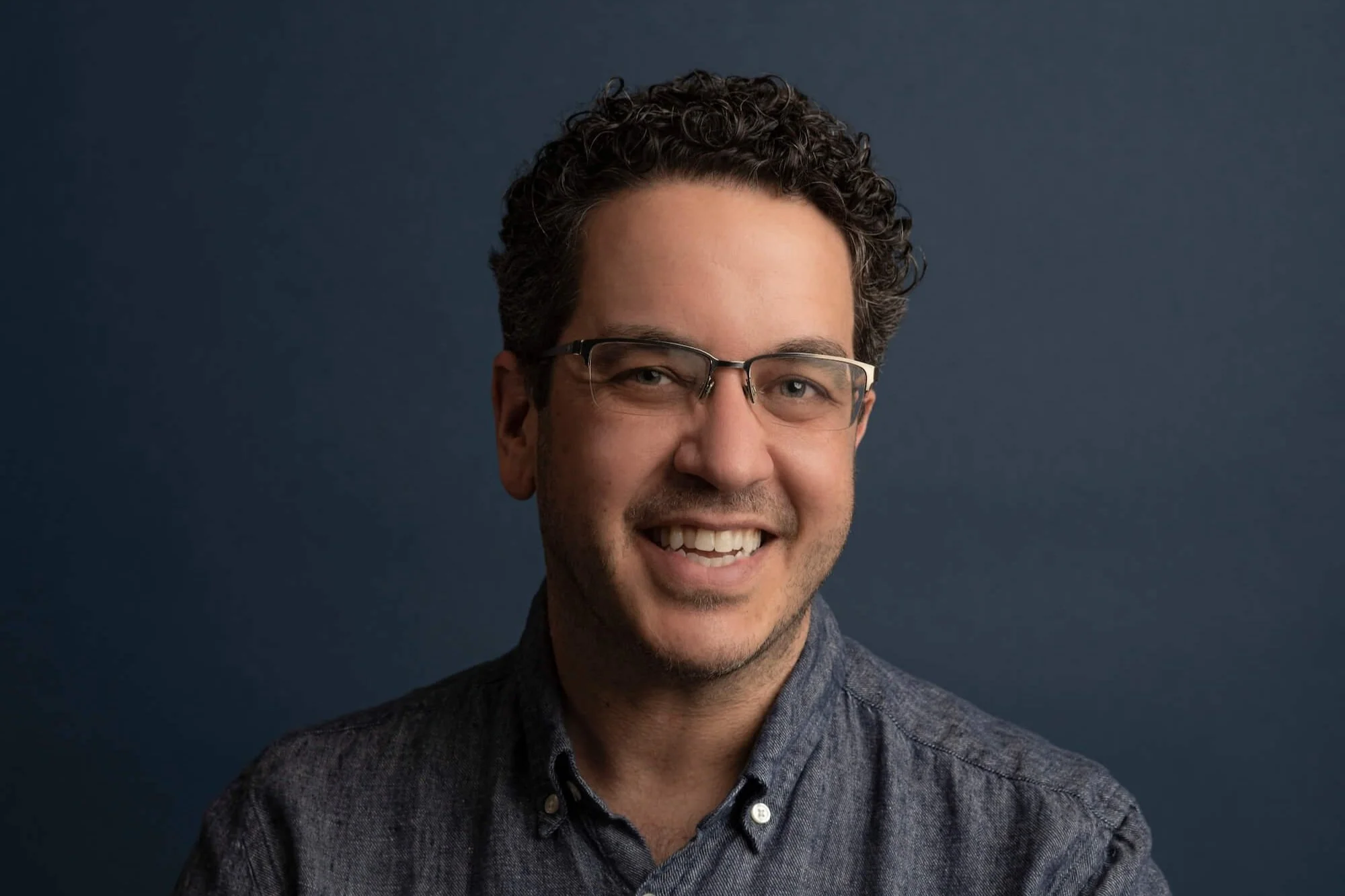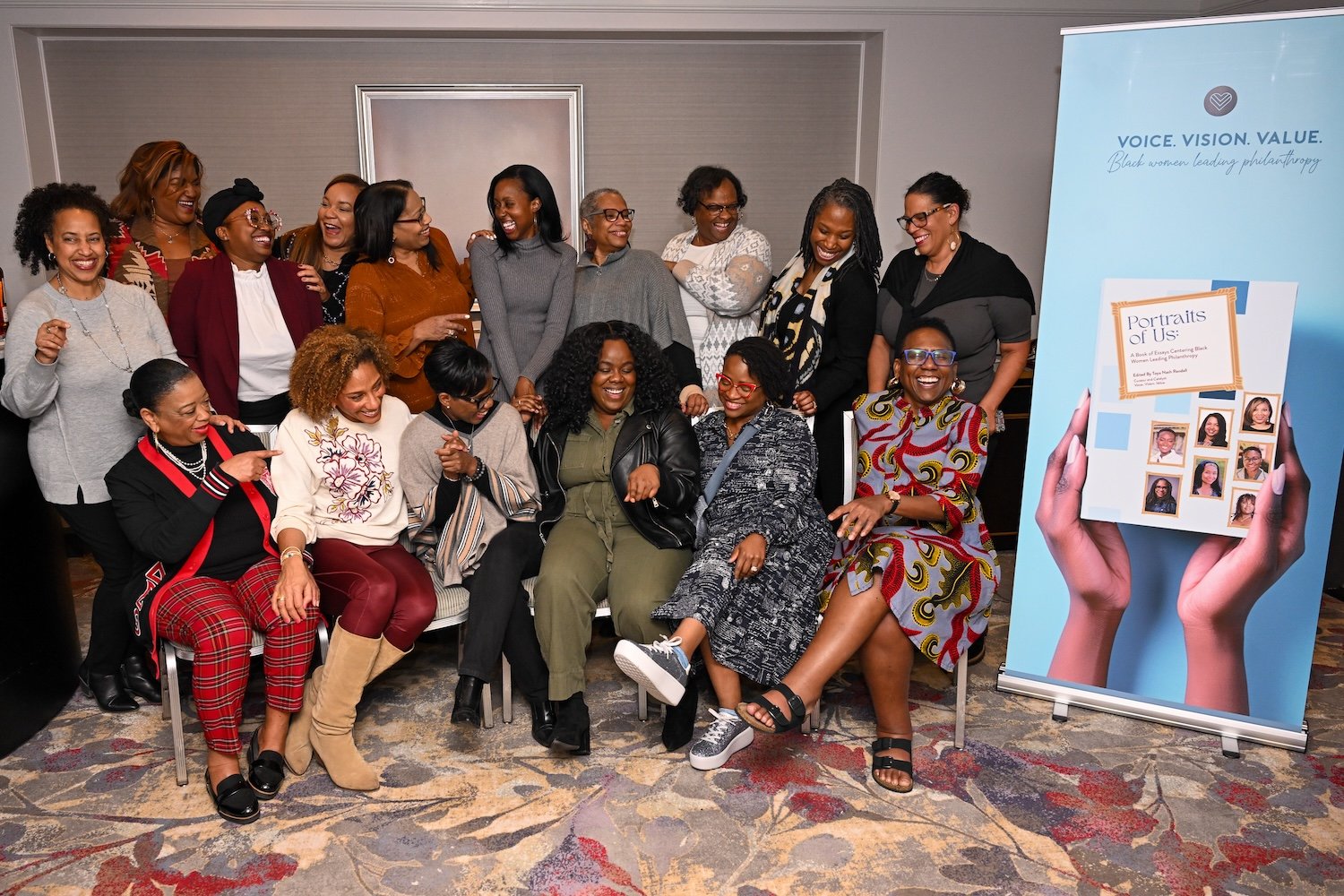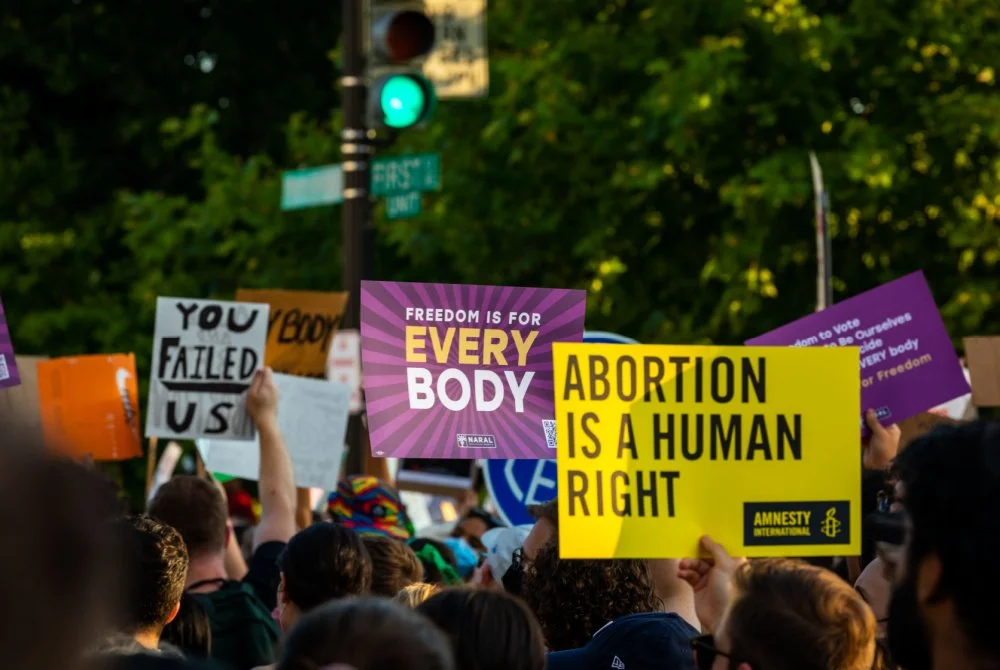In the Wake of Racial Violence, Funding is Still Flowing to Promote Tolerance
/Memorial flowers at the spot where Heather Heyer was killed and others were injured during racial violence in Charlottesville, VA last august. photo: Kim Kelly/shutterstock
Last year’s “Unite the Right” rally by neo-Nazis in Charlottesville involved incidents of racial violence that were among the worst in recent decades. After the events, which received international media coverage, a number of corporations and individuals donors stepped forward to make gifts to promote racial and religious tolerance. James Murdoch, the CEO of 21st Century Fox, gave $1 million to the Anti-Defamation League (ADL). JPMorgan Chase made a $1 million donation that was split between the Southern Poverty Law Center (SPLC) and the ADL to address what it called “deep divisions” in the nation.
Over a year later, funding is still flowing—including from another top bank. Recently, the Bank of America Charitable Foundation (BofA) awarded $1 million to the Curry School of Education and Human Development at the University of Virginia (UVA) in Charlottesville to train teachers to “increase racial, religious, and ethnic tolerance in students from kindergarten to college.”
Recently, 17 donors also committed a total of $12.9 million to launch the Democracy Initiative at UVA. This is an interdisciplinary teaching, research, and engagement effort to “study and advance the prospects of democracy around the world.” The initiative’s inaugural lab, “Religion, Race, and Global Democracies,” is intended to serve “as a direct response to the white supremacist attacks in Charlottesville in August 2017, and the larger societal fault lines they laid bare.”
The events in Charlottesville inspired other giving, too. Late last year, the Lumina Foundation—in a departure from its usual focus on degree attainment—pledged $2.5 million to support racial justice work on college campuses.
“After the racist chaos of Charlottesville earlier this year, many leaders said something needed to change, that we needed to go beyond words to action. I was one of those people, pointing out that we can and must do more,” said Jamie Merisotis, Lumina’s president and CEO, in a blog post.
While Lumina’s move was a surprise, it’s not unusual for private foundations to engage issues of racial justice. But, this is the kind of politically charged terrain that corporate funders tend to avoid. So what’s behind BofA’s big recent gift? And, how will it be used at UVA?
We asked foundation president Kerry Sullivan how last year’s events in Charlottesville led her organization to commit to this investment in UVA’s Curry School. She says:
We work closely with all of our local markets to determine how we can best address the most pressing needs in the communities we serve… we identified this opportunity in Charlottesville on a topic that is clearly important to the overall vitality of the community. The [UVA] and the Charlottesville community certainly bring a unique perspective to the topic of tolerance and social justice that will be carried forward in their work.
Sullivan says the foundation also believes the program “will benefit local communities across the country by helping educators address issues of tolerance and social justice in their curricula from formative years through college.”
In 2018, one of the BofA’s main areas of grantmaking is economic mobility, and the foundation thinks this gift to UVA can benefit Charlottesville’s economy, as well. Sullivan says that because UVA is an “anchor institution” in the city, “by supporting its programs and its growth, we are supporting the growth of the local economy.”
The larger cultural context of BofA’s gift is complicated and interesting. America’s top banks—like many other major corporations—are attuned to the nation’s increasing multiculturalism, and many want to show they embrace it; “a more diverse and inclusive society” is one of Bank of America’s expressed goals. At the same time, nearly all big banks—including BofA— have faced multiple accusations of both discriminatory and predatory lending. These banks know they have repair work to do with their customers and employees. This broader backstory illuminates another likely reason some financial institutions have stepped up with gifts promoting racial tolerance in a divisive era—like BofA’s donation to UVA.
It should certainly also be recognized that a gift focused on supporting understanding and tolerance makes sense for the Charlottesville area at this time, which is still healing. And, it’s intended to benefit students through teacher training, fitting with the fact that the foundation has long backed education and has increased its spending on youth programs as of late.
UVA’s Curry School of Education and Human Development already runs several initiatives aimed at increasing tolerance, including the Center on Race, Public Education, and the South (CRPES), which formed shortly after Unite the Right. Derrick Alridge is the director of CRPES and was a driving force behind its creation. After the 2017 events, he wanted to expedite the center’s opening.
“I felt it was time for Curry and the University of Virginia to become a major player and to have a voice in the conversations of race in particular. Being Virginia, the former capital of the Confederacy, and [UVA] being founded by Thomas Jefferson, I felt it made perfect sense,” he said.
CRPES “advances research that illuminates the causes, consequences and potential means of ameliorating disparities in African-American youth's educational experiences and achievement.”
One related issue is how educators bring their own biases, sometimes subconsciously, into classrooms. These biases can lead to racial disparities in areas like expectations, advanced placement rates, and how misbehavior is handled.
Stephanie van Hover, the chair of the Department of Curriculum, Instruction and Special Education, tells Inside Philanthropy the Curry School teacher preparation program is already addressing these issues. She says it “works to help teachers understand and address their own biases in order to better serve diverse classrooms.” She describes some of the culturally responsive teaching practices the faculty promotes, including “know your students and identify their assets, hold all students to high expectations, challenge systematic injustice, choose culturally relevant read-alouds… ”
She also says its teacher preparation program is “working hard to engage in intentional work that supports teaching tolerance and working with diverse learners, but we recognize that we can always do more.”
Catherine Bradshaw, associate dean at the Curry School, said in a statement that the new BofA funds will allow the faculty to expand the resources they have already developed around improving school equity.
Maureen Costello, director of SPLC’s Teaching Tolerance project, tells us she sees the recent BofA gift in a positive light. “For UVA and Bank of America to be saying, ‘this is where we have to really put our efforts and our energy’—into bridging that divide—is tremendously significant.”
SPLC is a nonprofit civil rights organization “dedicated to fighting hate and seeking justice.” It monitors the activities of domestic hate groups and other extremists through programs like its “Hate Watch,” and has kept a close eye on the Unite the Right participants, fallout, and related issues. Teaching Tolerance is a nonprofit SPLC founded that provides educators with free tolerance-related educational materials. Costello says:
I'm very happy to see a major school of education adopt and say this is something that all teachers need to learn… I think it's important because we live in a very diverse society, where we have to live and work together, and make decisions together, including democratic decisions, together. We need to learn the skills to bridge the differences… School is a great place to do it because it's one of the few institutions that all children go through.
Meanwhile, the violence of last year, which included several fatalities, assaults and other individual and community traumas, continues to affect Charlottesville.
“What changed [after Unite the Right] was that people were faced with the fact that we’re not a post-racial nation,” said Charlottesville Mayor Nikuyah Walker, who was elected during the year following the events and is the city’s first black female to hold the position. A Charlottesville native, she sees continuing issues of racial and social inequality around her, including the high incarceration rates for blacks, poverty, a lack of affordable housing and inequities in education.
For funders who want to invest in Charlottesville and promote local racial healing, there are many Charlottesville-area nonprofits working directly with and, in some cases, led by people of color, immigrants, and refugees. These include the Jefferson School African-American Heritage Center, Sin Barreras, the Music Resource Center, 100 Black Men of Central Virginia, National Coalition of 100 Black Women Charlottesville Metropolitan Area, Creciendo Juntos, Abundant Life, the Piedmont Housing Alliance, Charlottesville Black Lives Matter, African-American Teaching Fellows of Charlottesville/Albemarle, Computers4Kids, and the Charlottesville Free Clinic. More can be found at the local Center for Nonprofit Excellence site.







































